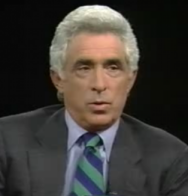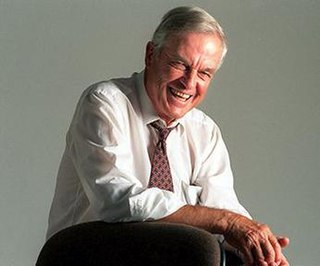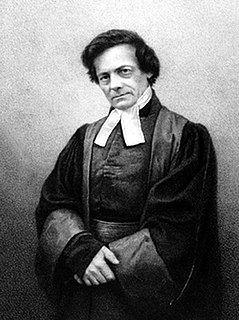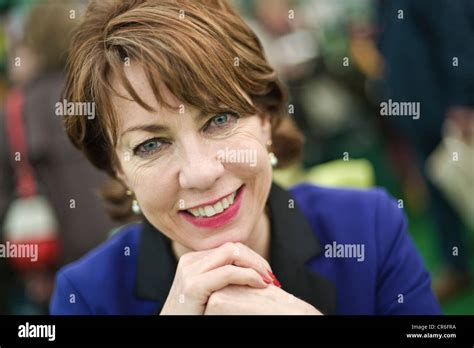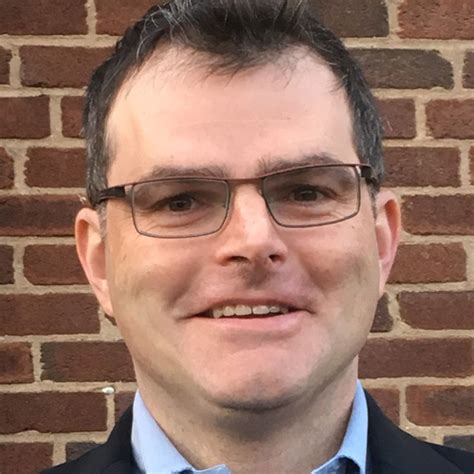A Quote by Sylvia Plath
A psychiatrist is the god of our age. But they cost money.
Related Quotes
As long as I hold tightly to something, I believe I own it. But when I give it away, I relinquish control, power, and prestige. When I realize that God has a claim not merely on the few dollars I might choose to throw in an offering plate, not simply on 10 percent or even 50 percent, but on 100 percent of "my" money, it's revolutionary. If I'm God's money manager, I'm not God. Money isn't God. God is God. So God, money, and I are each put in our rightful place.
The true reformer does not want time, nor money, nor coöperation, nor advice. What is time but the stuff delay is made of? And depend upon it, our virtue will not live on the interest of our money. He expects no income, but outgoes; so soon as we begin to count the cost, the cost begins. And as for advice, the information floating in the atmosphere of society is as evanescent and unserviceable to him as gossamer for clubs of Hercules.
What does it mean when Republicans and Democrats alike warn us about the 'pain' involved in cutting government spending - in their spending less of our money? For the average citizen, what pain is there in his keeping more of his money to invest it the way he wants? Taxes cost people. Tax cuts do not cost government.
Polak, a psychiatrist, has applied a behavioral and anthropological approach to alleviating poverty, developed by studying people in their natural surroundings. He argues that there are three mythic solutions to poverty eradication: donations, national economic growth, and big businesses. Instead, he advocates helping the poor earn money through their own efforts of developing low-cost tools that are effective and profitable.
There is no portion of our time that is our time, and the rest God's; there is no portion of money that is our money, and the rest God's money. It is all His; He made it all, gives it all, and He has simply trusted it to us for His service. A servant has two purses, the master's and his own, but we have only one.
I have heard about a patient - the psychiatrist was bored with him. Of course, he was getting enough money out of him, but he was getting bored by and by - three, four, five years of psychoanalysis, and the man was repeating the same again and again and again. The psychiatrist said, 'Do one thing: go to the mountains for a few days. That will be very helpful.'
Love is costly. T forgive in love costs us our sense of justice. To serve in love costs us time. To share in love costs us money. Every act of love costs us in some way, just as it cost God to love us. But we are to live a life of love just as Christ loves us and gave Himself for us at great cost to Himself.






